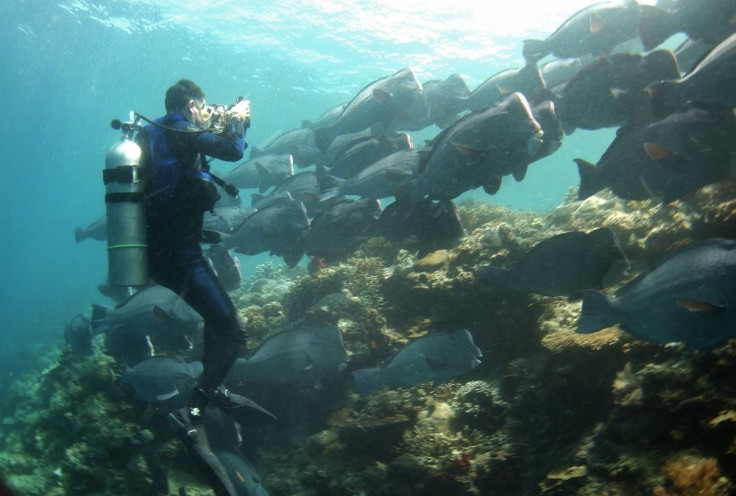Scientists call for eco-friendly deep sea mining

As deep sea mining is starting to become popular, scientists are calling for creation of protected habitats to offset the potential negative effects that seabed mining can have on marine life.
The International Seabed Authority, or ISA , which awards mining contracts in international waters, has already given out a total of 26 contracts that allow governments and companies to explore patches of the sea floor for potential mining contracts. Around 25 percent of the Clarion-Clipperton Fracture Zone—a section of deep ocean roughly 80 percent the size of the United States—has already been granted to interested miners.
A paper published in July in the journal Science is asking ISA to temporarily hold off on approving more underwater mining contracts until more environmental controls are put in place.
"We know that mining will be very damaging based on short-term studies, but we don't know what the long-term and large-scale consequences will be," said Lisa Wedding, co-author of the report.
Though the action will happen 20,000 leagues under the sea—too far from where humans live— scientists fear that mining impacts could threaten environmental benefits that the deep sea provides to people such as capturing human-emitted carbon, impacting both weather and climate in the process. It will also not be good for the ocean, since deep sea environments tend to recover slowly when disturbed, even longer than a human's lifetime.
One strategy that the paper proposed to balance deep sea mining with ecosystem sustainability is to take a precautionary approach and set up networks of no-mining Marine Protected Areas that share many of the same characteristics as those being mined, acting as a hedge against potential damage. This protected habitat can provide a safe haven for species that may be harmed by mining in another similar area. However, the report did not give any specifics on how these recommendations should exactly be implemented.
"Our approach is a kind of middle ground between environmentalists who say we shouldn't mine the deep sea at all and the companies who say there won't be any effects at all," said Larry Crowder, co-author of the report.
The ocean floor has long been touted as a rich source of minerals, including copper, nickel, gold and rare earth elements. With fears that the supply of these minerals on land are slowly dwindling, miners are now exploring other options, such as Arctic, deep sea, and even asteroid mining.
But despite these fears, hundreds of mineral deposits are being explored and developed all over the world, especially in countries like Australia, Canada, and Russia. One of these is the Kun-Manie nickel copper sulfide project by Russian miner Amur Minerals Corporation (London AIM: AMC) . After receiving its production license from the Russian government, the company is already preparing for the next phase of infill drilling and metallurgical test work for Kun-Manie. It is considered as one of the top 20 largest nickel deposits in the world, with an estimated content of 67 million tons of nickel ore.
With projects like these being developed, coupled with the vigilance of environmental groups under the threat of climate change, deep sea mining might not commence in the near future.
Contact the writer at feedback@ibtimes.com.au





















